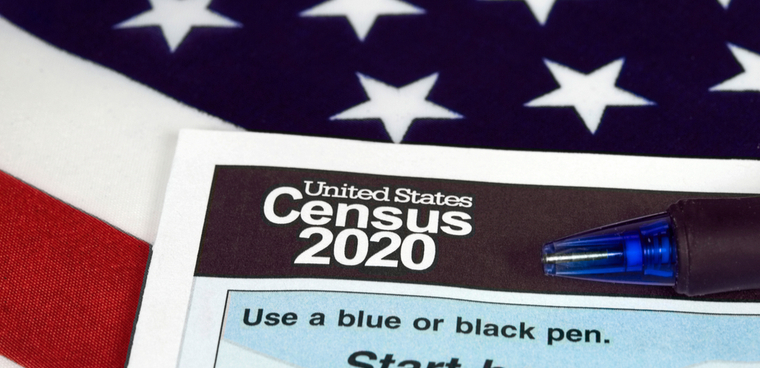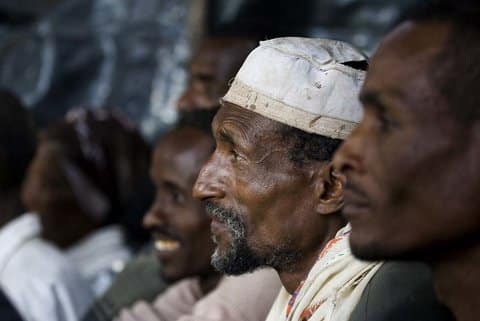
15 Nov Your Census Questions, Answered

Q&A with Josh Green, U.S. Census Bureau Spokesman
Editor’s Note: The U.S. Census will be taking place from mid-March to July 31, 2020. Every decade, the Census Bureau attempts to collect information on every person living in the United States, regardless of immigration or citizenship status. If you’re here, you count.
In an effort to address questions and concerns regarding the census, The CC Pulse tapped a census expert to answer questions from Richmond community members.
Question: I’m undocumented and at risk of deportation. If I respond to the census survey, won’t I be deported?
Census responses are confidential, no matter who you are or what your documentation status is. Every Census employee is sworn for life to keep any personal information confidential. If someone were to disclose any personal information to any other part of the government, that person would go to jail for five years and pay a $250,000 fine.
By law, your census responses cannot be used against you by any government agency or court in any way — not by the Federal Bureau of Investigation (FBI), not by the Central Intelligence Agency (CIA), not by the Department of Homeland Security (DHS), and not by U.S. Immigration and Customs Enforcement (ICE). The law requires the Census Bureau to keep your information confidential, and we can only use your responses to produce statistics.
Question: Where can we find census stations to make sure that all community members are counted?
There are no census stations. People have three options to fill out their census form: online, on the phone, or by mail. In mid-March, every household will receive an invitation to fill out the online form. Later, if you are not counted via the online form or on the phone, you will receive a paper form. If you are not counted by one of those three methods, a census taker will visit you to help you fill out your census. The best way to avoid a visit from a census taker is to fill out the form yourself.
Question: Does it really matter if I report to the census? It doesn’t do me any good in Richmond. Everything is controlled by rich people anyway.
Responding to the census is required by law. But it is also extremely important to the Richmond community. Responding to the census helps Richmond get its fair share of funding and guides how more than $675 billion in federal funding is distributed to states and communities each year. Census data are used every day to solve problems around you. It helps your community create jobs, provide housing, prepare for emergencies, and build schools, roads, and hospitals. Census results also affect your voice in Congress and in your state and local governments because data is used for reapportionment and redistricting.
Question: What if a family or friend is visiting during the census count deadline, do we count them as a member of our household?
No. We count people where they live and sleep most of the time on April 1, 2020. Visiting family and friends should count themselves wherever that “usual residence” is, not at your house. The last day to get counted in the Census is July 31, 2020, so everyone has plenty of time to respond. April 1 is NOT the deadline to respond — it is the day that we use to determine where you will be counted. Wherever you happen to be living on April 1, that is where you should be counted.
Question: My kids live with me and part time with their dad in a different city. Which one of us should count them or should we both count them?
Nobody, including children, should be counted twice. We count everyone once, only once, and in the right place. Children who live at two or more residences should be counted at the residence where they live and sleep most of the time. If their time is split exactly evenly, you may choose one of the residences to count them, but not both.
Question: Why does the whole race/ethnicity portion of applications generalize people? There are so many ethnicities, yet only a handful are on the list. How should someone answer that question if they don’t feel the choices accurately represent them?
Every person responding to the census will be able to accurately report their racial or ethnic identity. While there are specific categories listed in the race and ethnicity questions, there is also a “some other race” category that allows everyone to identify themselves with whatever community they choose. Please take a look at the sample form that the census has posted online so you will be informed about your choices once the form becomes available online, by phone, or by mail.
If you have questions about the 2020 Census, please send them to richmondpulse@gmail.com and we will consult experts to get the answers.






No Comments